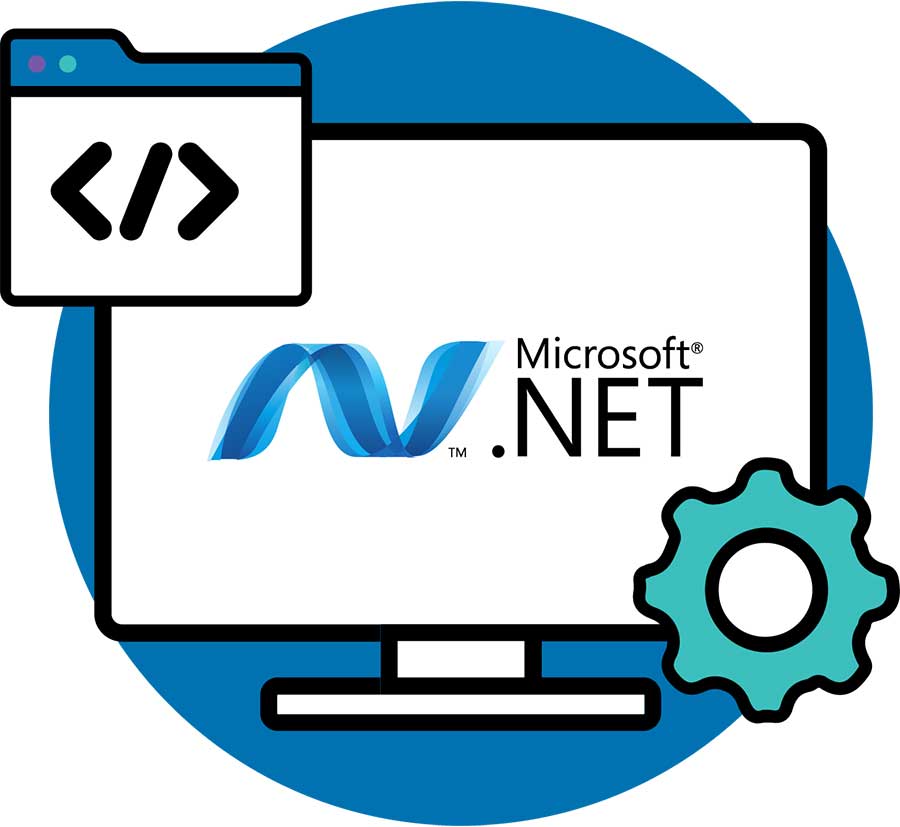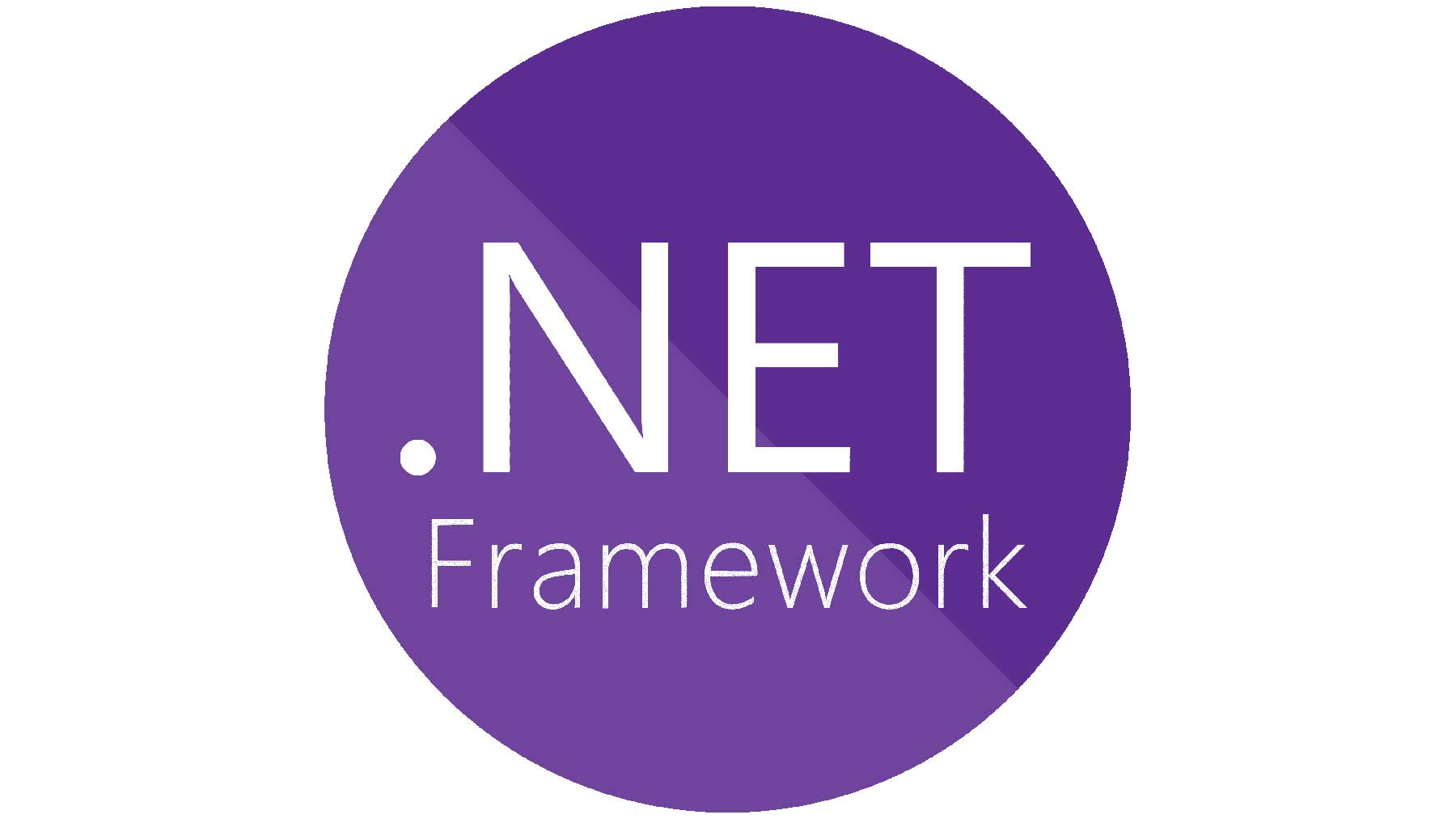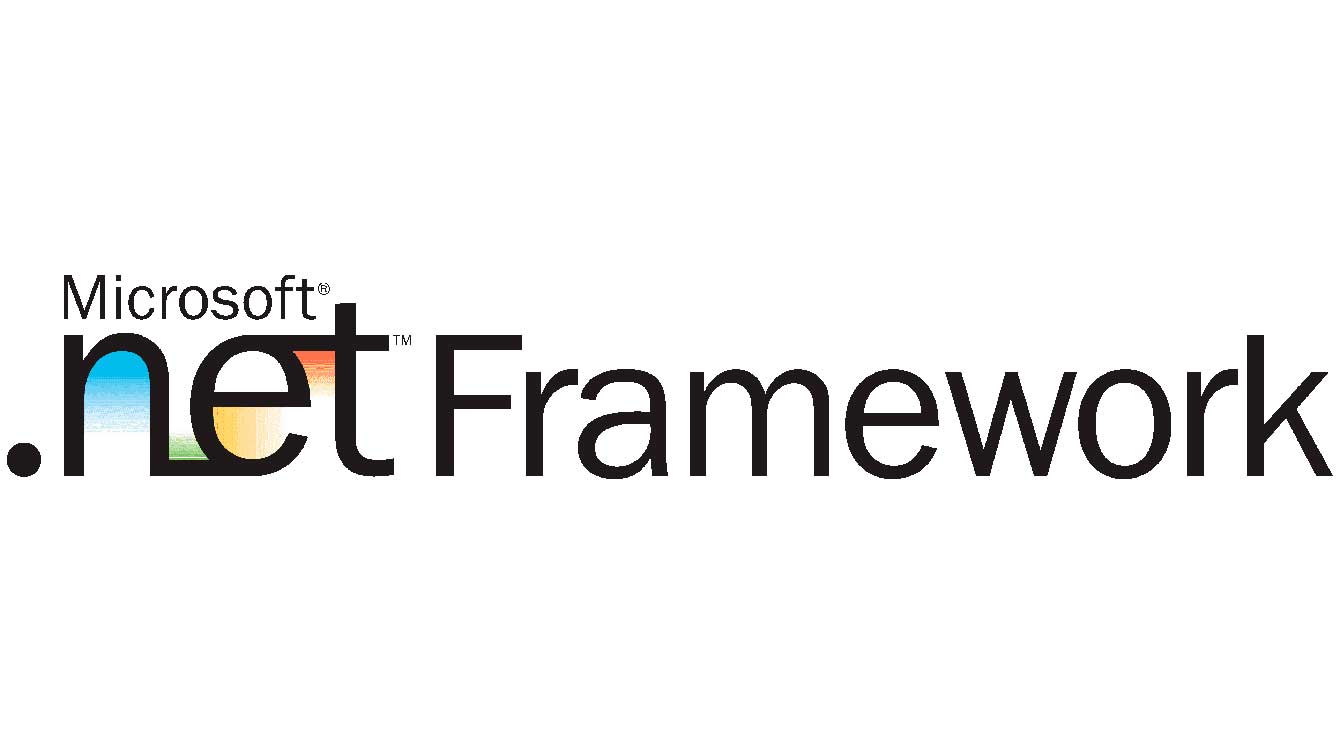.NET is a tool used in
software development to produce and distribute applications and XML web
services over various operating systems and devices. Its popularity among
developers can be attributed, in part, to its status as an open source
framework.

This framework, created by
Microsoft, provides a wide array of applications. If a company requires an
application with numerous features and support for various services, they can
rely on the .NET framework.
The .Net platform from
Microsoft can facilitate the development of applications that operate on both
forms and the web. Additionally, it enables the creation of web services.
The platform is also compatible
with multiple programming languages, including Visual Basic and C#, allowing
developers to opt for the language that best suits their project.
What are the benefits of programming with
.NET Framework?
To determine if this
development platform is suitable for you, let's explore some of the pros of
.NET Framework.
📂 Object-Oriented
Programming (OOP)
One of the most advantageous
aspects of .NET is its reliance on object-oriented programming (OOP). This
means that the software is broken down into smaller segments, enabling
developers to tackle them individually.
After completing work on one
segment, they can proceed to the next. Once all the smaller segments are
finished, they can be merged and managed with greater efficiency.
This simplifies even the
most intricate assignments, particularly those that happen repeatedly.
📂 Compatibility
of the program
By utilizing the .NET
framework, it is possible to produce applications that span a multitude of
different fields such as the Internet of Things (IoT), gaming, and artificial
intelligence (AI).
Numerous organizations have
come to recognize the value of AI and are continuously striving to incorporate
new technologies into their applications.
In addition to AI, your
software should be equipped to integrate with other significant technologies,
such as Big Data and Machine Learning, to guarantee safer and more efficient
operations.
📂 Universal
.NET Standard
The .NET Standard, which was
launched in 2016, has made it possible to develop applications with the .NET
family without having to rebuild them for every new platform.
The extensive class library
includes almost all the features that developers need, making it ideal for
projects that involve graphics rendering and database interaction.
In addition, working with
XML documents has become much simpler.
📂 Cross
platform support
One of the most important
pros of .NET Framework is its ability to facilitate cross-platform support with
the code written.
This means that the
framework is compatible with various platforms, including Windows, MacOS, as
well as Linux.
The .NET framework's
open-source nature allows for source code editing, giving developers the
freedom to showcase their own concepts.
Additionally, it ensures
language independence, allowing compatibility with multiple operating systems
regardless of the programming language used, be it Visual Basic, C#, or even
C++.
📂 Easy
to use and maintain
A key and highly beneficial
aspect of .NET Core is its adaptable deployment capability. It can be
integrated into the application being created or installed independently.
The modular structure
enables the inclusion of all necessary components. Furthermore, deploying with
.NET is a simple process, requiring only the copying of a folder.
Additionally, the ability to
run multiple .NET Core versions concurrently on a single machine is
advantageous. This facilitates managing various projects and executing
deployment tasks with ease.
📂 Visual
Studio
Microsoft's Integrated
Development Environment, Visual Studio, is bundled with the .NET framework.
An IDE is a software tool
designed to streamline the application development process by offering all the
necessary tools. This enables the development and deployment of applications
for multiple operating systems.
Visual Studio coordinates
with the functions of .NET to create a language-specific environment.
📂 Automated
code verification
Automated code checking is
one of the beneficial pros of .NET Framework.
The task of writing code is
intricate. Despite being a highly skilled professional, making mistakes is
bound to happen. Such errors can have a negative impact on the entire project.
To prevent this, the .NET
platform offers an automated monitoring and verification feature.
📂 Popular
among developers
Developers love .NET as it
is an advanced, free programming platform. According to the Stack Overflow
Developer Survey, .NET has been recognized as the most preferred framework for
three consecutive years (2019, 2020, and 2021).

In summary, .NET accelerates
the development procedure by offering developers dependable and easy-to-use
resources that empower them to address problems in any application without
getting hindered by particular language limitations.
📂 Excellent
caching mechanism
The straightforwardness of
the caching mechanism in .NET renders it dependable and uncomplicated to
temporarily store information.
Furthermore, it provides the
option to tailor the cache implementation, enabling developers to enhance
efficiency and expand as required.
📂 Community
support
Since the release of .NET as
an open source platform, a vast group of developers have come together to
contribute to the framework. This community comprises of developers of various
skill levels, ranging from highly experienced to moderately experienced and
even less experienced.
The members of this
community are always ready to offer assistance to any novice developer who
wishes to enhance their skills.
Furthermore, a vast community
implies that there is a high likelihood of resolving any problem with the
assistance of community members.
The latest Stack Overflow
survey reveals that ASP.NET was ranked fourth among the most favored
frameworks, while dotNET and .NET core secured the second and third positions,
respectively.
📂 Advanced
user interface control
Microsoft delivers a .NET
infrastructure that comes with a sophisticated in-built user interface control
system. Its aim is to elevate the quality and attractiveness of applications.
Additionally, it permits the
integration of third-party management systems to enhance the final product.
Telerik is an example of a
third-party management system that simplifies drag and drop procedures, saving
developers precious time.
⚪ Related: 13 Things to Know About the .NET Framework
What
are the disadvantages of .NET Framework?
Since its launch, the .NET
framework has continuously improved its versatility. However, despite pros of
.NET Framework, it is not exempt from imperfections.
Therefore, those who intend
to develop their software must carefully consider cons of .NET Framework.
🔴 License
cost
Despite being an open source
framework, .NET can be costly due to licensing requirements.
Large application sizes may
result in unbearable expenses, such as the subscription fee of $539 per year
for Visual Studio.
Additionally, Microsoft's
services may incur other financial burdens. Therefore, pricing-wise, .NET is
not a recommended platform.
🔴 Object-Relational
limitations
As previously stated, .NET
employs the Object-Oriented Programming methodology, which revolves around
objects instead of actions and data instead of logic.
The Entity Framework
facilitates the development of data-centric software applications within the .NET
Framework. The entity serves as a connector between the object-oriented .NET
Framework and SQL databases.
Nonetheless, certain
developers contend that The Entity Framework lacks sufficient adaptability and
does not accommodate all possible database designs.
🔴 Memory leaks
Similar to other platforms,
.NET is also prone to memory leaks. The garbage collector provided with .NET is
not adequately proficient.
Insufficient resource
management often leads to memory-related issues in .NET. The only solution to
counteract this problem is by putting in extra endeavors.
🔴 Vendor
lock-in
One of the most important
cons of .NET Framework is Vendor lock-in.
It is regrettable that the
framework's association with Microsoft could potentially result in limitations
or alterations that affect the work of developers utilizing it.
As a result, these
individuals may find themselves with less autonomy and encountering
unanticipated difficulties.
🔴 Speed
The velocity of any
application developed using .NET framework is significantly lower. Programmers
can effortlessly observe this disparity in velocity when utilizing the original
code.

Even for techniques that are
purely functional, the velocity is considerably diminished. Unless there is a
boost in performance, programmers must be prepared to confront these
difficulties.
🔴 RAM
The utilization of .NET
Framework necessitates higher RAM allocation. Although .NET applications are
generally compact, the Microsoft .NET Framework tools are activated
simultaneously with these programs.
Consequently, there is an
augmentation in the overall capacity of approximately 20 MB, contingent on the
Framework's iteration.
🔴 Challenges
in migrating to .NET Core
Migrating to .NET Core may
present several obstacles and take a considerable amount of time. The number of
applications developed with previous versions of .NET significantly surpasses
those created with .NET Core.
Updating these applications
to the latest .NET version may prove to be a somewhat arduous task.
🔴 Stability
issues related to new releases
Finally, on our list of cons
of .NET Framework, we should mention stability issues. When the company decides
to introduce fresh characteristics or upgrades, there might be a shortage of
documentation and support, which can put the stability of development ventures at
risk.
⚪ Read More: Which Web Development Stacks to Use in 2022
Conclusion
In the realm of software
development, selecting appropriate tools is a pivotal choice that can greatly
influence the outcome of a project.
A prevalent alternative that
programmers have at their disposal is the Microsoft-developed .NET framework,
which has been extensively utilized for several years owing to its potent
libraries and tools.
Nevertheless, given the
swift progression of technology, it is imperative to scrutinize the pros of
.NET Framework alongside its cons.
If you need help choosing
the right tools for your development project, feel free to contact us.